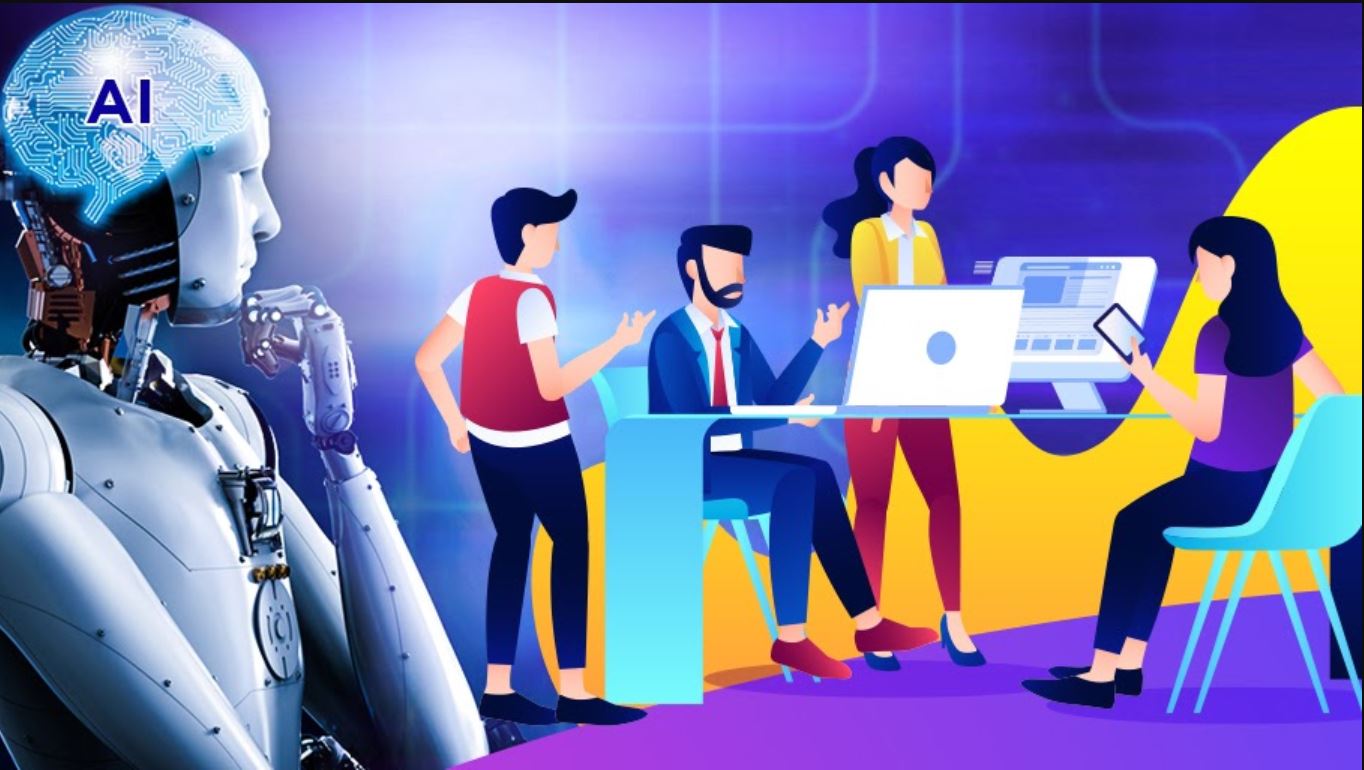Precisely what is AI?
AI is an umbrella term for just about any technique that mimics human intelligence, such as natural language processing, machine learning, and pattern recognition and management.
Gartner defines artificial intelligence (AI) since the putting on advanced analysis and logic-based techniques, including machine learning, to interpret events, support and automate decisions, and take actions. An individual provides the core information, or “intelligence,” and the AI will then apply that logic to pretty much an endless amount of data.
But the energy AI is its ability to apply human intelligence minus the biological and emotional burden real individuals have. AI doesn’t must rest, won’t get distracted, which enable it to interpret numerous points of information simultaneously. However it is restricted to only performing very specific rules-based, repetitive tasks. Anything involving nuance tends never to succeed or maybe even fail.

Will project managers changed by AI?
No. AI is really a work augmentation tool, not really a human replacement. AI cannot chance a project, a pretty small one, on its own. So that your tedious status reports and messy resource scheduling could be greatly improved with AI, but it can’t gather requirements or get stakeholder buy-in.
5 Advantages of artificial intelligence in project management
Aggregating task statuses to build weekly status reports, calculating your budget implication of accelerating scope and timeline, and performing risk modeling are functions an AI technique will offer inside your project management software.
Here are some more advantages of an AI-enhanced PM tool:
1. Automate repetitive, tedious tasks to help you take more time on problem-solving
No person loves spending hours on tedious, repetitive tasks, that’s probably why AI adoption is gaining traction.
2. Use historical data to perform calculations and predictions, enhancing the accuracy from the results
AI will always talk about previous project brings about inform predictions and calculations, if designed to. An individual might only go back one project or lack accessibility comes from other projects as reference.
3. Perform risk modeling and analysis depending on changes to scope, available resources, reduced budget, etc.
This is especially useful as Agile project management software methods carry on and dominate the way in which projects are run. There are always going to be unforeseen changes, and AI will be able to tell you the expected impact for the way similar changes impacted previous projects.
4. Increase speed of decision-making with process-based rules
AI is designed to follow only specific, rule-based workflows. What this means is roadblocks and bottlenecks could be quickly addressed in the event the AI is monitoring and sending notifications about task statuses and updates.
5. Optimize resource scheduling and allocation
AI example: Resource scheduling
Figuring out who’s needed to perform certain tasks to get a project, if they’re available, and just how long they’re necessary for are typical tough questions. But if you’re capable to load the essential information into an AI-enhanced project management tool, it may suggest the absolute best allocation of helpful assembling your shed.
How, you may ask? AI can:
Assess the sort of resources the project needs using the tasks required, like time for it to develop a custom workflow then perform quality assurance testing.
Use historical data to calculate how long for tasks.
Reference a database of people along with their skills and judge the top person to the tasks required.
Assess the work and time-off schedules of all the so-called people available to work with a task.
Estimate the amount of tasks somebody could complete in comparison to their weekly report of productivity.
Compare the proposed resource schedule against historical data to identify inconsistencies and help the accuracy of the proposal.
Propose the ideal schedule of resources with the team available.
More information about AI chatbots for business go this popular web site


